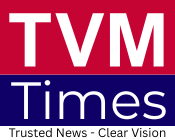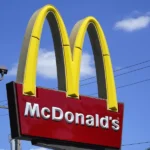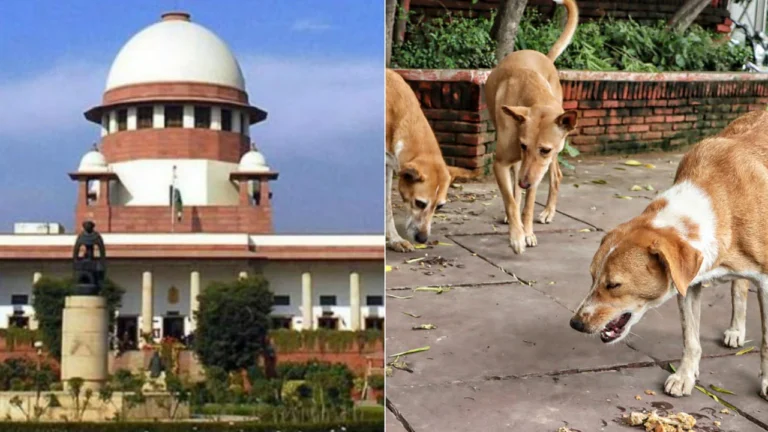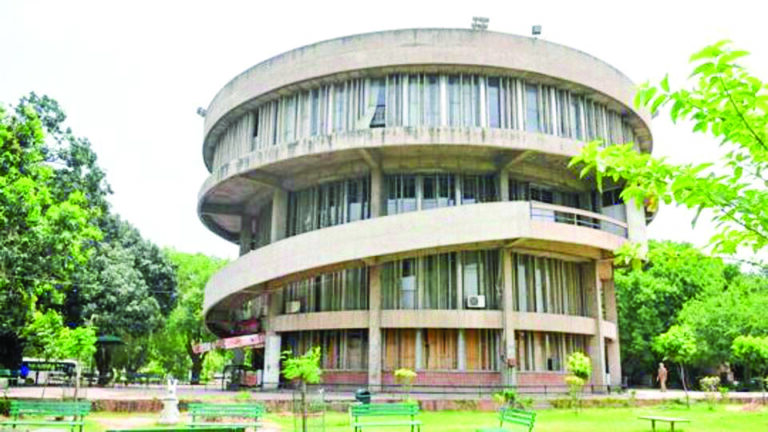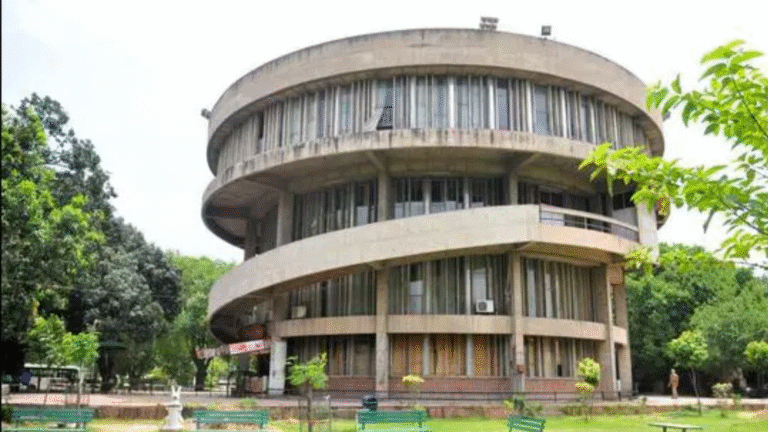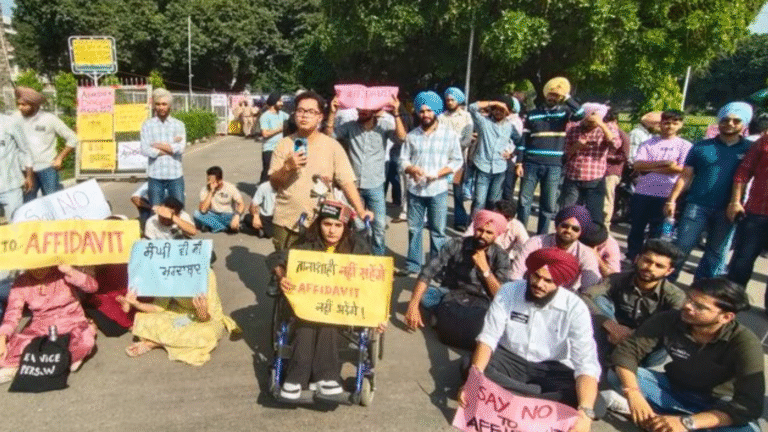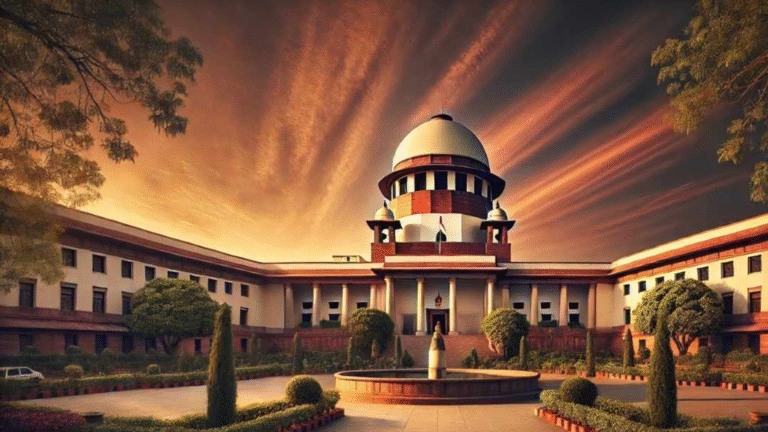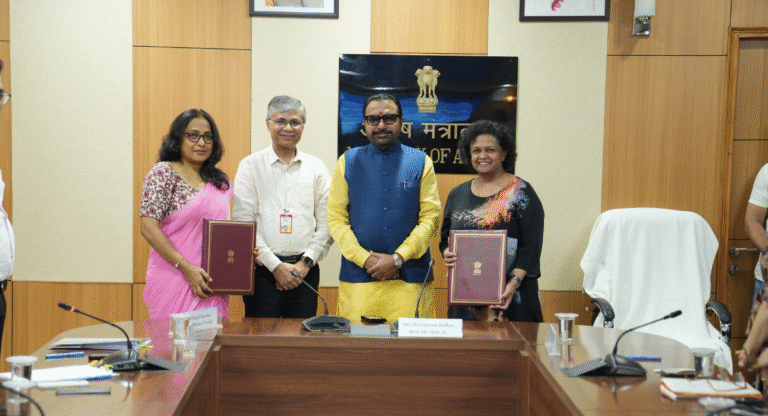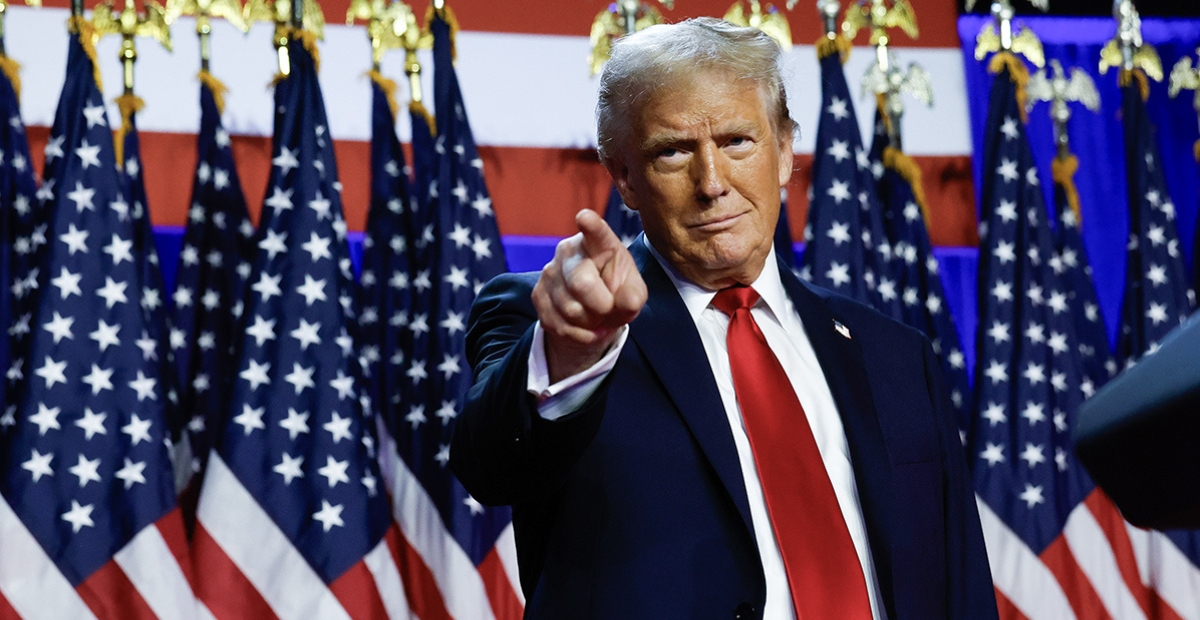
U.S. President signs Imposes $100,000 Annual Fee on H-1B Visas
Washington, D.C. — September 19/20, 2025 — In a sweeping change to U.S. immigration policy, President Donald Trump has signed a presidential proclamation and executive action imposing a $100,000 yearly fee on H-1B visas for companies sponsoring high-skilled foreign workers. The move of Trump to Enforce $100K H-1B Visa, which takes effect September 21, 2025, is being justified by the administration on grounds of national security, economic protectionism, and protecting jobs for American citizen.
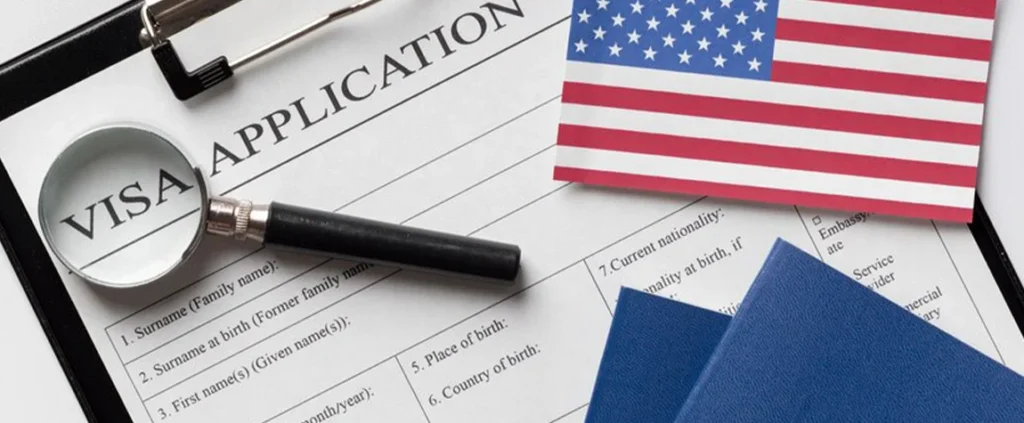
Key Details of the Proclamation (Trump to Enforce $100K H-1B Visa )
- The proclamation is titled “Restriction on entry of certain non-immigrant workers.”
- Under the new rule, H-1B visa petitions filed by employers outside the United States (or for beneficiaries outside the U.S.) must be accompanied by a $100,000 payment to be approved.
- The administration has stated this measure is aimed at curbing what it perceives as abuse of the H-1B system — especially by outsourcing firms hiring foreign workers at lower wages, sometimes replacing U.S. workers.
- The proclamation allows for case-by-case exemptions if hiring is in the national interest or does not pose a threat to U.S. security and welfare.
National Security Rational
The Trump administration frames this fee hike as essential to national security, citing the following concerns:
- Fraud, Money Laundering, and Illicit Activity: The proclamation states that certain outsourcing firms using H-1B workers have been under investigation for visa fraud, money laundering, and misuse of the visa program.
- Economic Displacement of U.S. Workers: By allegedly replacing American workers with lower-wage foreign workers, particularly in STEM and IT fields, the administration contends the program is harming wage levels, employment prospects for U.S. graduates, and undermining domestic expertise. Those economic harms are presented as having national security implications in terms of workforce readiness and technological competitiveness.
- Protecting Innovation and Critical Industries: The administration argues that excessive reliance on cheaper foreign labour could erode America’s edge in technology and science, weaken supply chains, and degrade the quality of its STEM workforce. These are depicted as threats to long-term national resilience.
- Reaction & Implications of this decision on Tech Industry & Outsourcing Firms U.S. Students & STEM Graduates: Major U.S. tech giants like Microsoft, Amazon, Apple, Google, and large outsourcing companies (e.g. TCS, Infosys) which heavily rely on H-1B visas are projected to be among the hardest hit.
Proponents of the new rule say U.S. graduates in computer science, engineering and related fields may face less competition for jobs that had previously been filled by H-1B workers at lower pay.
- Potential Legal Challenges: Legal experts are questioning whether the executive branch has the authority to impose such a high fee through a proclamation, rather than through Congressional legislation. There may be lawsuits citing congressional overreach, violation of immigration or appropriations statutes, or challenges under administrative law.
- Global Talent & Innovation: Critics warn that this could deter highly skilled foreign workers from coming to the U.S., potentially pushing them toward competing countries, hurting U.S. competitiveness in AI, biotech, research, etc.
President Trump’s policy shift marks one of the most significant transformations to the U.S. H-1B visa program in recent history, driven by arguments that the existing system is being misused in ways that threaten both economic and national security. The $100,000 fee is intended to drastically limit H-1B usage to only those employers and roles deemed essential, high-skill, high-pay — and to force a rebalancing of immigration policies in favor of American workers’ interests. Time will tell how legal, economic, and international sectors respond.
